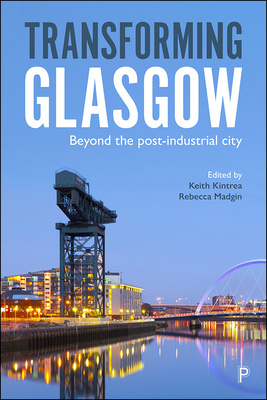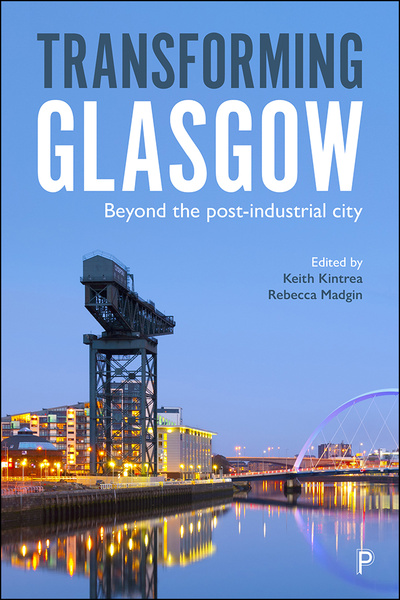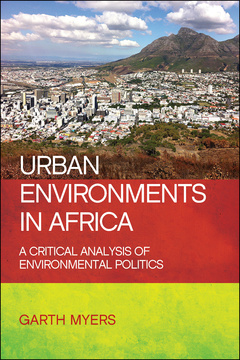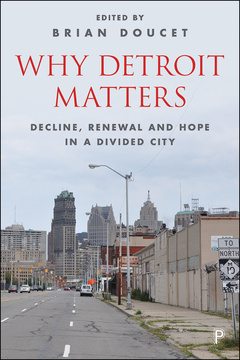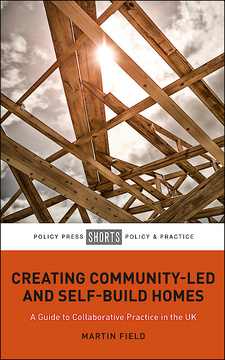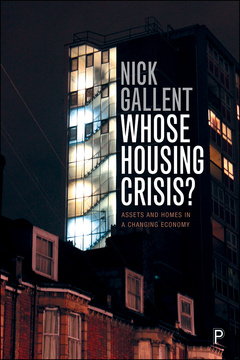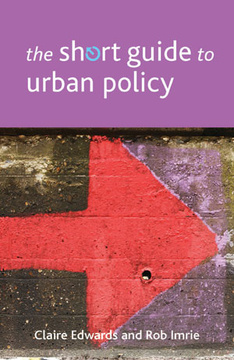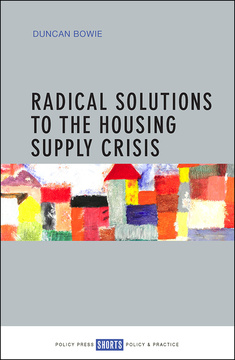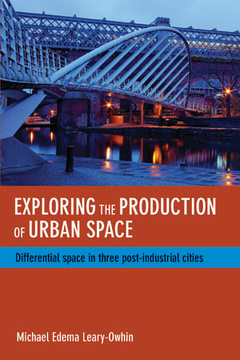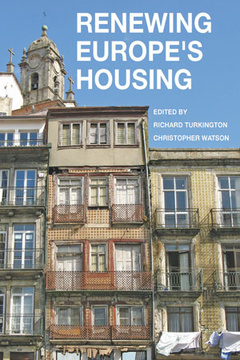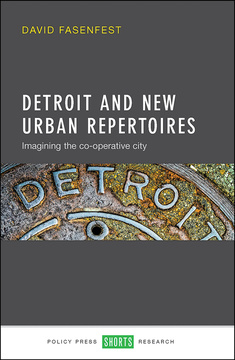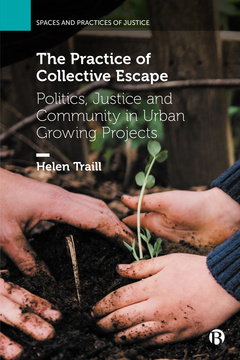Published
Dec 18, 2019Page count
322 pagesISBN
978-1447349778Dimensions
234 x 156 mmImprint
Policy PressPublished
Dec 18, 2019Page count
322 pagesISBN
978-1447349808Imprint
Policy PressPublished
Dec 18, 2019Page count
322 pagesISBN
978-1447349808Imprint
Policy PressSome 30 years after Glasgow turned towards regeneration, indicators of its built environment, its health, its economic performance and its quality of life remain below UK averages. This interdisciplinary study examines the ongoing transformation of Glasgow as it transitioned from a de-industrial to a post-industrial city during the 20th and 21st centuries. Looking at the diverse issues of urban policy, regeneration and economic and social change, it considers the evolving lived experiences of Glaswegians.
Contributors explore the actions required to secure the gains of regeneration and create an economically competitive, socially just and sustainable city, establishing a theory that moves beyond post-industrialism and serves as a model for similar cities globally.
“How can [cities] achieve desirable change amid the uncertainties of market forces? That concern runs throughout the book as it examines the complex landscape of urban transformation in one of Europe’s most dramatic cities.” Scottish Planning and Environmental Law
"This book is an insightful and well-edited collection of academic texts. It should appeal to and deserve a wide readership, including policy makers, researchers and students." Town Planning Review
“A valuable empirical and theoretical resource for those wanting to know more about the particular experience of Glasgow as it continues to undergo economic and social transformation and how these changes speak to contemporary debates in urban studies.” Alan Mace, London School of Economics and Political Science, UK
Keith Kintrea is Professor of Urban Studies at the University of Glasgow and Deputy Director of the GCRF Centre for Sustainable, Healthy and Learning Cities and Neighbourhoods.
Rebecca Madgin is Professor of Urban Studies at the University of Glasgow.
Foreword by Professor Sir Anton Muscatelli
Introduction: Transforming Post-Industrial Glasgow
Keith Kintrea and Rebecca Madgin
Part 1
Chapter 1: The Policy Discourses that Shaped the ‘Transformation’ of Glasgow in the Later 20th Century: ‘Overspill’, ‘Redeployment’ and the ‘Culture of Enterprise’
Chik Collins and Ian Levitt
Chapter 2: Escaping the Shadow of the Upas Tree
Stuart Patrick, Gordon Kennedy and David MacLeod
Chapter 3: The New Political Economy of City-regionalism: Renewed Steps in Glasgow
David Waite
Chapter 4: Stopped in its Tracks? Transport’s Contribution to Glasgow’s Development
Iain Docherty
Part 2
Chapter 5: Living in the Urban Renaissance? Opportunity and challenge for 21st Century Glasgow
Mark Livingston and Julie Clark
Chapter 6: A Sick City in a Sick Country
David Baruffati, Mhairi Mackenzie, David Wals, and Bruce Whyte
Chapter 7: Dynamic Housing Transformations: Following the Money
Douglas Robertson
Chapter 8: ‘New’ Migrations Transforming the City: East European Settlement in Glasgow
Rebecca Kay and Paulina Trevena
Chapter 9: Changing Places and Evolving Activism: Communities in Post-Industrial Glasgow
Steve Rolfe, Claire Bynner and Annette Hastings
Part 3
Chapter 10: What once was Old is New Again: Placemaking and Transformational Regeneration in Glasgow
James T. White
Chapter 11: A Place for Urban Conservation? The Changing Values of Glasgow’s Built Heritage
Rebecca Madgin
Chapter 12: Revisiting the Creative City: Culture and Regeneration in post-industrial Glasgow
Venda Louise Pollock
Chapter 13: Our ‘Dear Green Place’: Glasgow’s Transformation from Industrial Powerhouse to Sustainable City
Larissa Naylor, Ellie Murtagh and Hugh Kippen
Conclusion: Beyond the Post-Industrial – Narratives of Time and Place
Rebecca Madgin and Keith Kintrea







